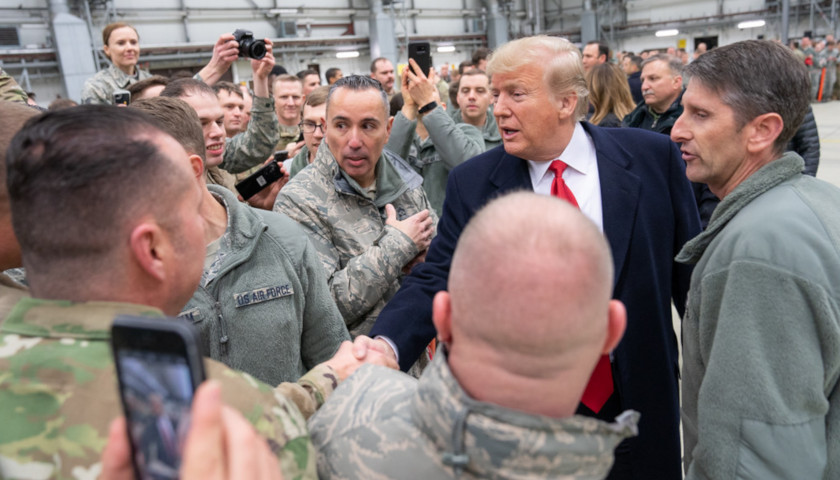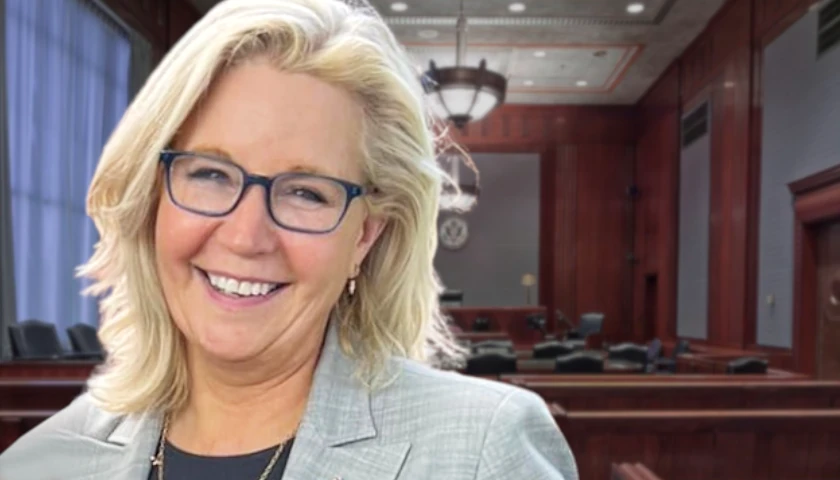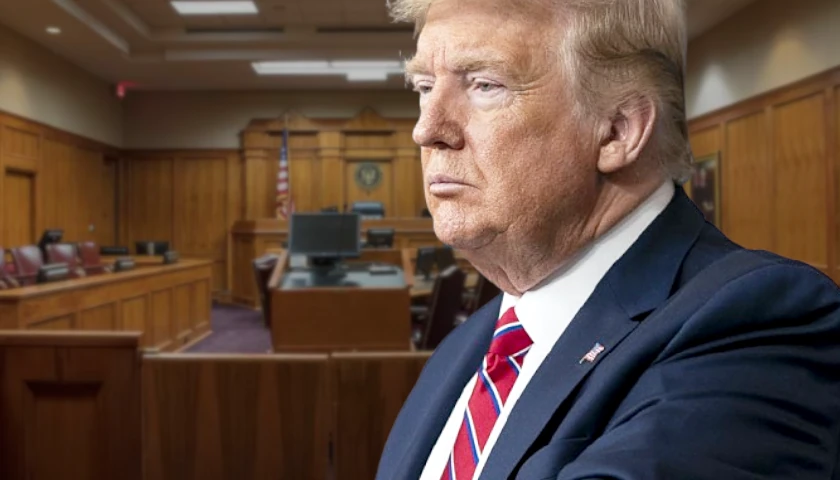by Chris Neieweem
The Democrats’ presidential candidates were quick to attack President Trump’s foreign policy during their latest primary debate, but in the process, they revealed their own utter lack of any foreign policy plan for America.
The president shocked the D.C. foreign policy establishment with his decision to withdraw U.S. troops from northern Syria ahead of an incursion by the Turkish military. The move reversed decades of interventionist precedent, fulfilling one of President Trump’s key campaign promises: to bring an end to the “endless wars” that have cost this country so many lives and so much treasure without achieving any definitive results.
As they’ve come to better understand the strategic logic behind that decision, even foreign policy hawks such as Senator Lindsey Graham (R-S.C.) have come around to embracing some of Trump’s way of thinking, yet most Democrats remain staunchly opposed for reasons that are rooted more in political ideology than in principle.
Keen to criticize President Trump, but vaguely aware that Trump’s commitment to stopping American adventurism abroad is widely supported by the American people, the Democrat presidential candidates tried to split the baby on the debate stage with vague platitudes and contradictory objectives such as bringing the troops home without abandoning our “allies” abroad.
Senator Elizabeth Warren (D-Mass.), for instance, supported a complete evacuation of American troops from the Middle East, yet she also claimed that she would not “cut and run” on our allies. Warren, who constantly boasts that she “has a plan for that,” was woefully unprepared to talk about a president’s highest duty. Her responses were so awful that even the Washington Post claimed the Democrat’s new frontrunner is “failing the commander-in-chief test.”
Former Vice President Joe Biden boasted of the foreign policy experience he gained from his time as a senator and then as vice president, but offered little more than a return to the discredited status quo ante that the American people roundly rejected by electing President Trump in 2016.
Rather than explaining how it would advance America’s interests to keep troops in Syria, Biden insisted that “protecting those Kurds” is America’s foremost responsibility. Biden also reiterated his baseless claim that President Trump’s re-election will mark the end of NATO, despite the fact that “protecting those Kurds” would necessarily put us at odds with Turkey, a key NATO ally.
The two military veterans on stage, U.S. Representative Tulsi Gabbard (D-Hawaii) and South Bend, Indiana Mayor Pete Buttigieg, disagreed sharply over the correct approach to take in Syria. Gabbard, who has distinguished herself as a much more independent thinker than her competitors, broadly endorsed President Trump’s goals of ending the “regime change war” in Syria and withdrawing American troops from the region, but went even further by calling for the repeal of U.S. sanctions against the brutal Assad regime.
When Buttigieg called her approach “dead wrong,” Gabbard shot back that by supporting an ongoing troop presence in Syria, Buttigieg was tacitly endorsing the practice of arming the “terrorist groups” who “have been the ground force in this regime-change war.”
The role of commander-in-chief demands a willingness to make difficult decisions according to set priorities, but the Democrat presidential candidates made it clear that they’re more interested in simplistic approaches governed by amorphous principles that change with the political winds. The president, conversely, has been remarkably consistent about his desire to disentangle the United States from protracted overseas conflicts.
After the defeat of ISIS, there was no longer a clear mission for American troops stationed in Syria, so President Trump fulfilled his campaign promise by making sure that they did not remain there indefinitely. There was a time, not so long ago, when many Democrats would have applauded that decision. Today’s Democrats, however, have chosen to place their hatred of Donald Trump ahead not only of policy principles but also ahead of the best interests of America and the men and women in uniform who defend our freedoms.
– – –
Chris Neiweem is an Iraq War veteran and founder of the American Veterans Policy Network (AVPN) and Neiweem Group.





